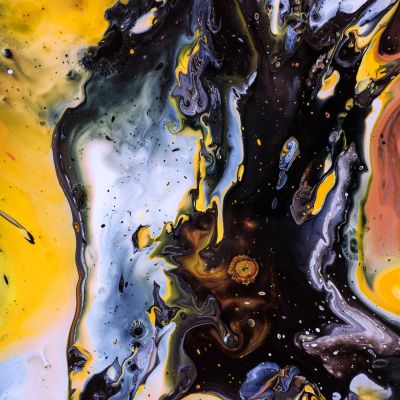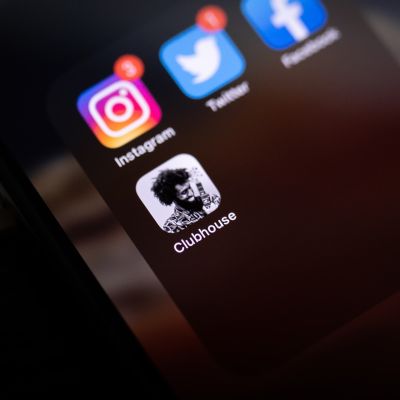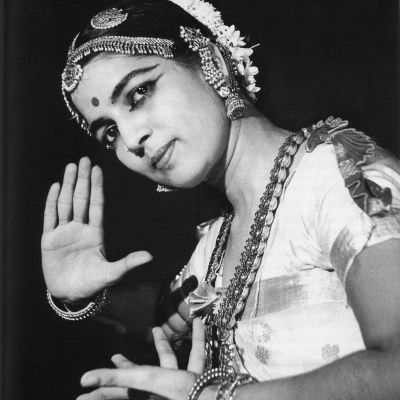obscenity
In theory, the concept of the app is a great one – it provides women, queer people, and people belonging to oppressed castes the tea-stall, cigarette-shop type of public spaces for conversation that are available to upper-caste cis het men. The relative anonymity acts like a safe cover, and the app affords a certain autonomy and agency to marginalised people to regulate the kind of conversation that goes on in rooms moderated by them.
Around the world, LGBTQ+ activists, queer ‘sex-positive’ feminists, sex-workers, artists and educators are leading the charge against the increasingly complex webs of regulation and censorship of sexuality online, where corporate policies intersect with restrictive state law.
Sexuality is taboo in our context, and expressions of it publicly or even in the home setting outside the bedroom, especially by those who are not in ‘legitimate’ relationships ‘alarm the modesty’ and are generally considered anti-culture or simply categorised as Western concepts.
She was 17 when she was rescued from a dance bar. Now she’s 18 and she wants to go back. As an adult. And…
She was 17 when she was rescued from a dance bar. Now she’s 18 and she wants to go back. As an adult. And dance again. That’s what Alisha wrote in a letter to the Child Welfare Committee.
Alisha’s letter may be one of a kind. It doesn’t matter. It may even be a scam of sorts, in that she was pushed to write it. Doesn’t matter. What’s interesting is the jumble that it throws up, if you look at her choices through eyes that are not hers.






